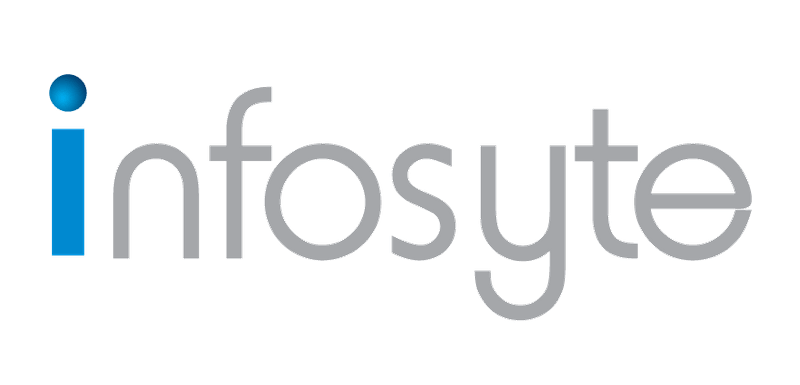MOVING TO THE CLOUD
The ability to adapt and change is not new but nor is it easy for many companies. Changes usually means time and budget that can be substantial which is one of the reasons why many companies would rather keep doing things they always have.
When the Covid-19 pandemic hit, that forced a lot of companies to evaluate their current business methods and to adapt to the changes in the social and economical landscape. One such company was Zuellig Pharma, one of Asia’s largest healthcare services company, and a company that was nearing a century in age.
What happens when a once in a century pandemic hits which requires everything to shutdown but your customers are the healthcare providers that are the most essential during a pandemic? Zuellig was faced with the exact situation and adapted by making a critical move to the cloud and shifting its business online and utilising the cloud to ensure they would be operational and able to serve all their clients.
Building Foundations
In 2018, the company decided to move forward with their decision to switch to Microsoft Azure which saw the groundwork and foundations being built and planned. Because of this, they were able to accelerate a process that would have taken months into a few weeks when the pandemic arrived.
With a team of forward thinking tech team that had the skills and experience they needed to work on the foundations that helped to accelerate the development and deployment of their switch.
ALl star tech team
They were able came out with new solutions to ensure that their customers can access their services remotely at anytime and location. This was critical as the need for medicines and essential healthcare was In more demand than ever.In the initial weeks of the outbreak, Zuellig Pharma launched a host of new ways to save and streamline its day-to-day operations so that pharmacists and physicians could carry on. Among its most notable innovations are two new ordering and payment platforms, eZRx and eZPay. Both are now online many months ahead of schedule, so customers in Singapore, Malaysia, and the Philippines can maintain vital stocks during the outbreak.



